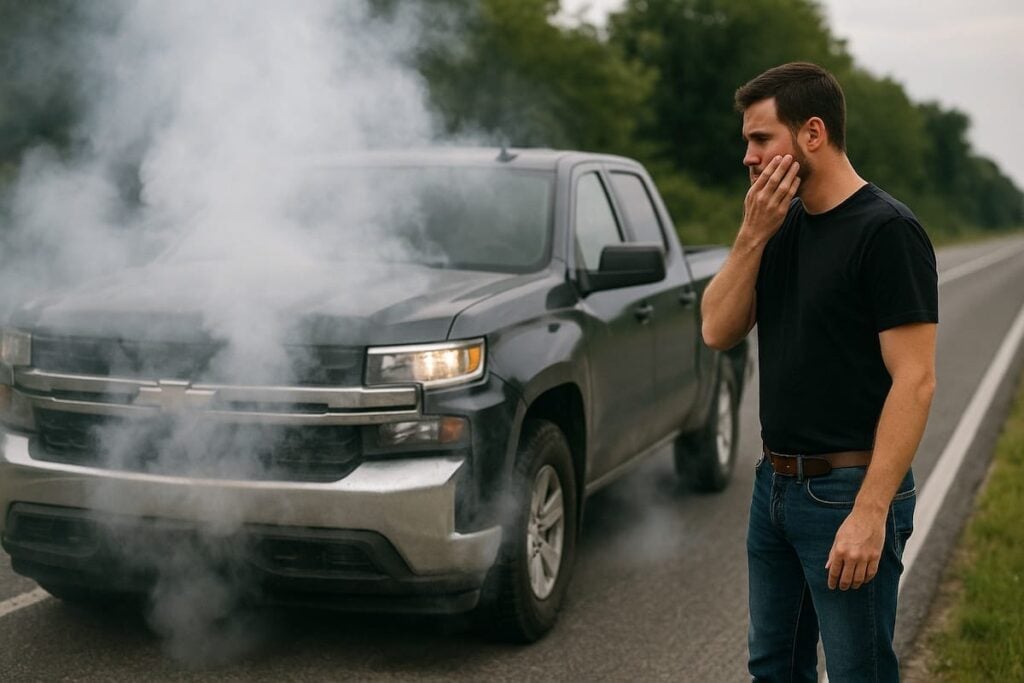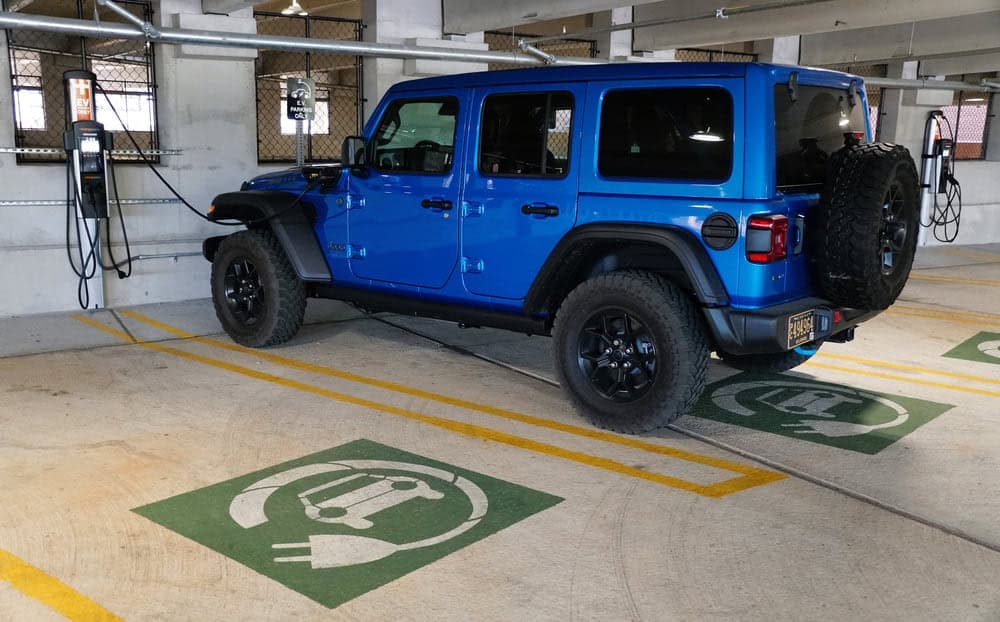Hidden Defects in GM Trucks and SUVs
If you were in a crash while driving a GM truck or SUV, you may be wondering what caused it. Some drivers are only now learning that their accidents could be tied to a dangerous defect in GM’s 6.2-liter V8 engines. These engines power popular models such as the Chevrolet Silverado, Tahoe, and Suburban, as well as the GMC Sierra, Yukon, and Cadillac Escalade.
This is not typical wear and tear. These engines can fail suddenly at highway speeds, leaving drivers without power or the ability to control their vehicles. A failure like this can instantly turn a routine drive into a serious crash.
How GM Engine Failures Happen
The core issue is a defect in the design and construction of these engines. Tiny metal debris left behind during manufacturing can block oil flow and wear down critical parts, such as the bearings and crankshaft. When these components fail, the engine may seize or throw a connecting rod through the engine block. This leads to an immediate loss of power and often causes the loss of power steering and braking.
Drivers often hear a loud bang, then see smoke or oil pouring out before losing control. Some product liability lawsuits now focus on precisely these engine defects, where drivers had no chance to steer or slow down safely.
A Real Example of How Devastating Engine Defects Can Be
Our firm is handling a lawsuit that shows just how devastating these engine defects can be, even when they do not involve GM’s 6.2-liter engine. In that case, a nearly new pickup suffered a catastrophic connecting rod failure. The rod tore through the engine block with such force it punched multiple holes into the block and oil pan, spraying oil and gasoline onto hot components and igniting a massive fire.
The driver was towing a large travel trailer on the highway when the engine failed. Within seconds, the truck filled with smoke, forcing the family to pull over and flee shoeless into the desert. They watched helplessly as flames consumed the truck, the trailer, and all of their belongings. The family suffered cuts, smoke inhalation, and deep emotional trauma. The fire burned for more than two hours, leaving only the trailer’s metal frame.
This case shows that a thrown connecting rod is not simply a mechanical inconvenience. It can transform a typical drive into a terrifying, life-threatening disaster. It also demonstrates why sudden engine failures are a serious public safety concern that goes far beyond damage to the vehicle.
Product Liability and Your Rights
If your crash involved one of these GM trucks or SUVs with a sudden loss of power or control, you may have a claim under product liability law. Unlike general auto accidents, where insurance typically considers driver fault, product liability cases focus on dangerous vehicle defects. These claims hold the manufacturer responsible when a flawed design or manufacturing process makes a vehicle unsafe to drive.
California has some of the strongest consumer protection laws in the country. Under strict product liability rules, you do not have to prove that the manufacturer was negligent. You only need to show that the vehicle was defective and that the defect was a substantial factor in causing your injuries or losses. This means even if the engine problem was not apparent before your crash, you may still have a strong case.
Product liability claims can help you recover compensation for medical bills, lost income, long-term care, pain and suffering, property losses, and other damages tied to the defect.
Why the GM Recall May Not Be Enough
GM did eventually announce a large recall of trucks and SUVs equipped with these 6.2-liter engines. Dealers were told to inspect the engines and replace them if damage was found. But many replacement engines came from the same flawed production runs. GM’s other solution for some vehicles was simply switching to thicker oil, which does not correct the underlying problem.
Even after the recall, thousands of drivers could still face sudden engine seizures and a total loss of power on busy roads. For individuals already involved in crashes associated with this defect, a recall does nothing to compensate for their injuries and financial losses.
You can read the official NHTSA recall report on GM’s engine defect here. (PDF opens in new tab)
Drivers May Only Now See the Connection
People who were in a crash or experienced a vehicle fire months or even years ago may not have realized that a hidden engine defect was to blame. They might have accepted it was just bad luck or a random mechanical failure. But now that GM has recalled these vehicles and admitted widespread engine problems that can cause sudden power loss and catastrophic failures, everything changes.
If your accident or vehicle fire involved one of these GM trucks or SUVs, you may now have strong evidence that a defect caused it. This opens the door to pursuing a product liability claim even if the incident happened before the recall was announced.
What to Do if You Suspect an Engine Defect Was to Blame
If your GM truck or SUV lost power or control without warning and caused a crash, here are some steps to protect your rights.
- Write down everything you remember, especially any loud bangs, smoke, or warning lights, right before the incident
- Keep all maintenance and repair records, including any visits for oil issues, engine noise, or recall inspections
- Avoid having the vehicle repaired or destroyed until an expert can examine it
- Speak with a lawyer experienced in vehicle defect and product liability cases before accepting any settlement
Frequently Asked Questions
How do I know if an engine defect caused my crash?
What can I recover through a product liability claim?
Does California law help me in these cases?
Is this different from a recall or class action settlement?
Do I need to act soon?
Final Thoughts
A sudden engine failure is not just a costly mechanical problem. It can cause crashes, fires, and serious injuries that change lives forever. If you suspect a GM engine defect may have caused your accident, talk to a lawyer who understands product liability laws. They can help investigate whether a defect was to blame and get you the compensation you deserve.
Have Questions?
If a defective vehicle engine has caused injury to you or a loved one, we’re here to help. Contact us for a free consultation to discuss your legal options.
Contact the AuthorAbout the Author
William Doyle is a product liability attorney and the founding partner of Doyle APC. For nearly thirty years, he has helped people harmed by dangerous and defective products recover compensation and hold manufacturers accountable.



